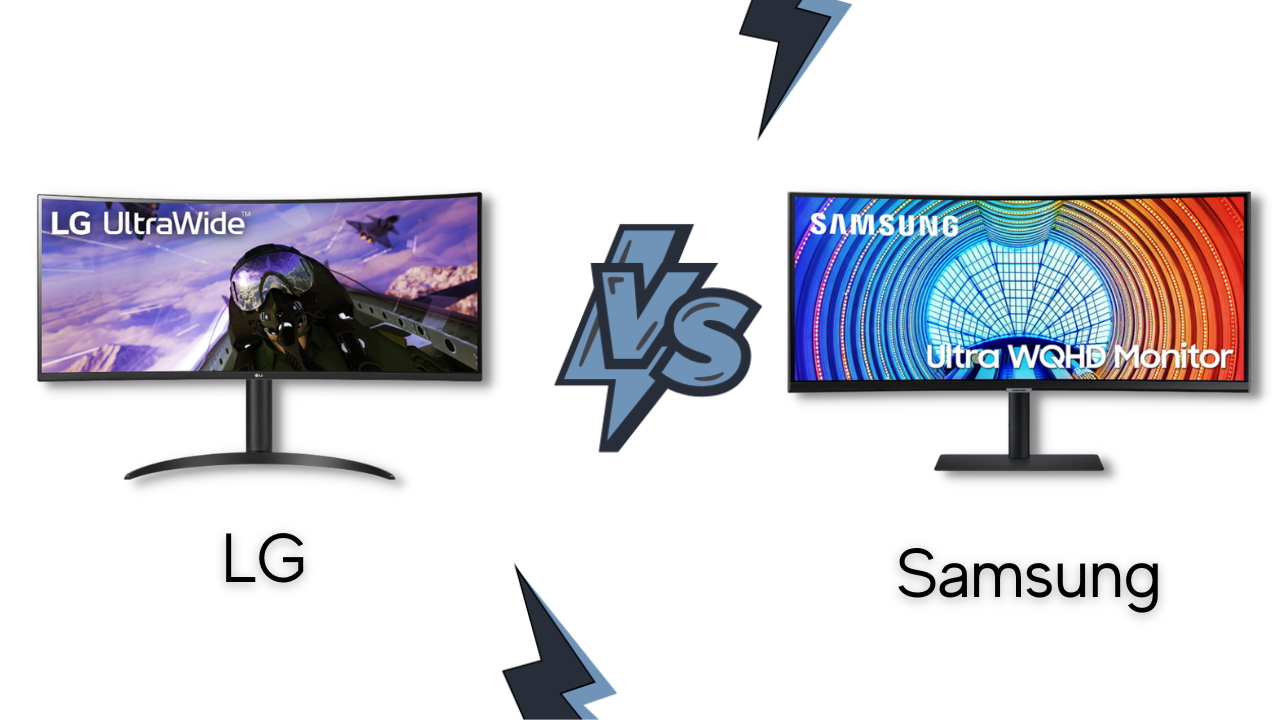
When purchasing a new monitor, many people are torn between the two leading brands: LG and Samsung. Both brands offer excellent quality products with various features, but which one should you choose? In this review, we will compare LG monitors vs Samsung monitors to help you decide which is better for your needs.
LG and Samsung are two of the world’s leading manufacturers of electronic devices, including computer monitors. LG is a South Korean multinational corporation that produces consumer electronics, telecommunications, home appliances, and other products. Founded in 1958, LG has become one of the world’s largest companies.
On the other hand, Samsung is another South Korean multinational conglomerate founded in 1938. It specializes in consumer electronics and home appliances like smartphones, tablets, TVs, and monitors. With their diverse selection of products, both LG and Samsung have established a strong presence in the global market.
Regarding computer monitors, both LG and Samsung offer a wide range of models to meet the needs of different users. Both brands offer a variety of sizes, resolutions, features, and designs. However, while they share many similarities, there are some key differences between LG and Samsung monitors that you should consider when selecting the right one for your needs.
Let’s look at the key differences between LG monitors vs Samsung monitors to determine which brand is better suited for your specific needs!
Also Read: Dell Vs LG Monitor
LG Monitors Vs Samsung: Key Features
| Features | LG Monitors | Samsung Monitors |
|---|---|---|
| Resolution | 4K, 5K, 8K | 4K, 5K, 8K |
| Refresh Rate | Up to 240Hz | Up to 240Hz |
| Panel Technology | IPS, Nano IPS, OLED | VA, Quantum Dot, IPS, PLS |
| Screen Size Range | 19 to 45 inches | 21 to 49 inches |
| Aspect Ratio | 16:9, 21:9, 32:9 | 16:9, 21:9, 32:9 |
| HDR Support | HDR10, Dolby Vision, HLG | HDR10, HDR10+, HLG |
| Adaptive Sync | FreeSync, G-Sync Compatible | FreeSync, G-Sync Compatible |
| Inputs/Outputs | HDMI, DisplayPort, USB-C | HDMI, DisplayPort, USB-C |
| Stand Adjustability | Height, Tilt, Swivel, Pivot | Height, Tilt, Swivel, Pivot |
| Special Features | Picture-in-Picture, Picture-by-Picture, On-Screen Controls | Ambient Light Sensor, Quantum Dot, Thunderbolt 3, On-Screen Controls |
Recommendations
LG Monitors Vs Samsung: LG Monitors
| Design | Model | Retailer |
|---|---|---|
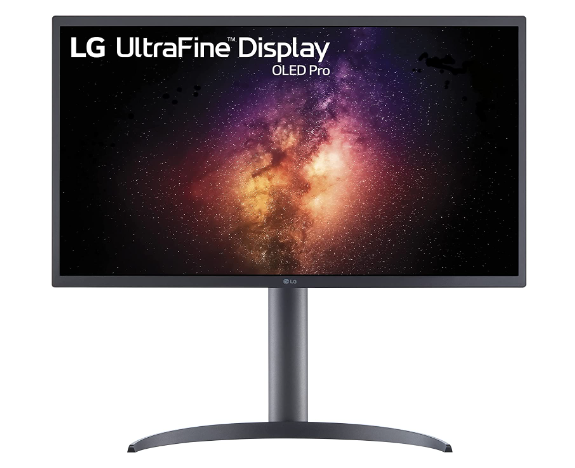 |
LG 27EP950-B 27” Ultrafine UHD OLED Pro Display Monitor |
Check Price |
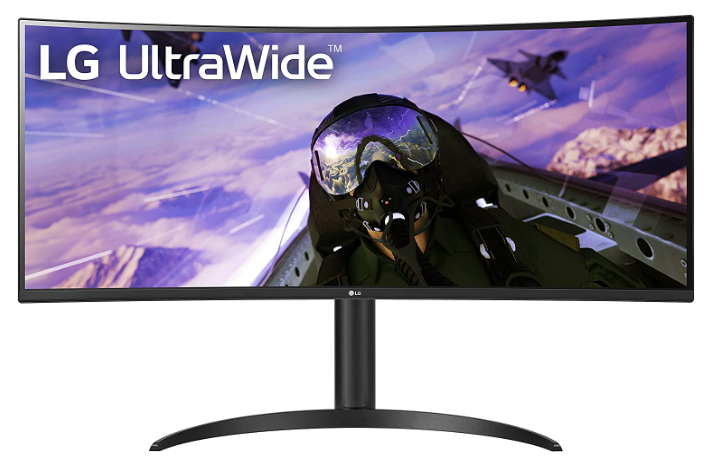 |
LG UltraWide QHD 34-Inch Computer Monitor 34WP65C | Check Price |
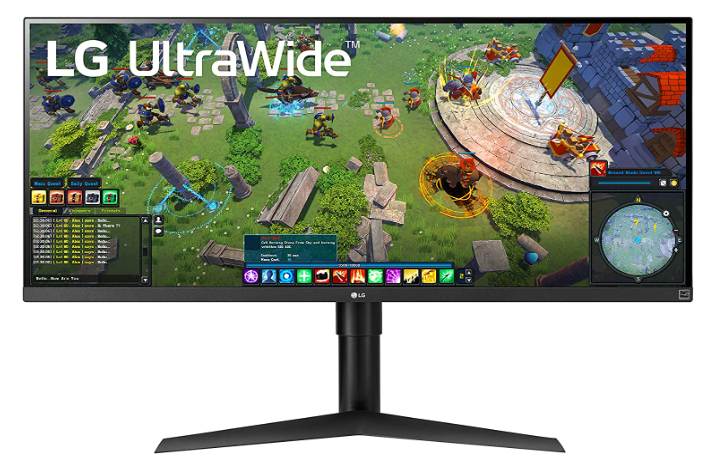 |
LG 29WP60G-B UltraWide Monitor | Check Price |
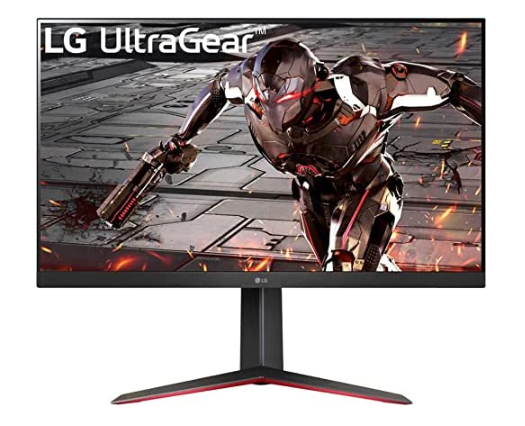 |
LG 32GN650-B Ultragear Gaming Monitor | Check Price |
LG Monitors Vs Samsung: Samsung Monitors
| Design | Model | Retailer |
|---|---|---|
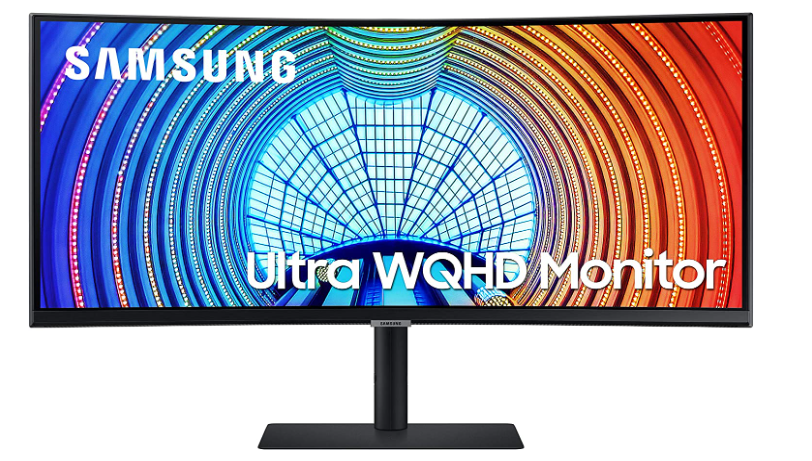 |
SAMSUNG S65UA Series 34-Inch Viewfinity Ultrawide QHD Computer Monitor | Check Price |
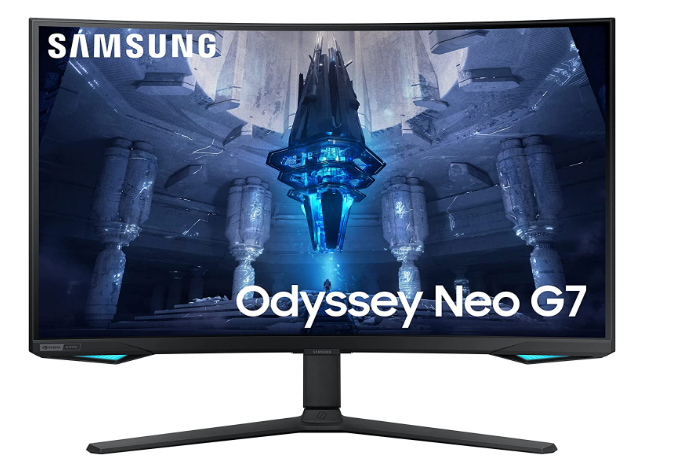 |
SAMSUNG 32″ Odyssey Neo G7 4K UHD 165Hz 1ms G-Sync 1000R Curved Gaming Monitor | Check Price |
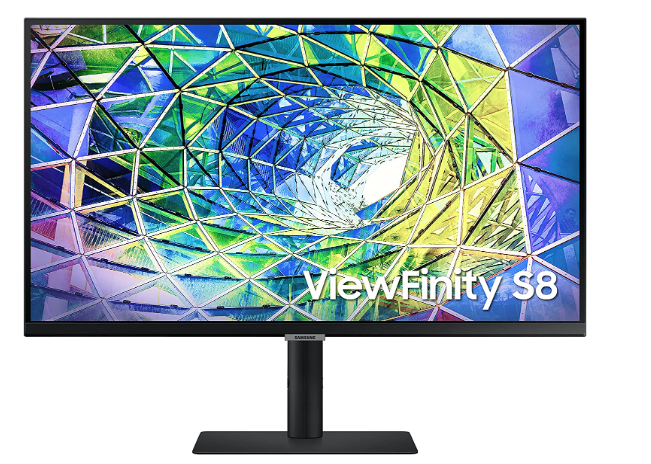 |
SAMSUNG S80A Computer Monitor | Check Price |
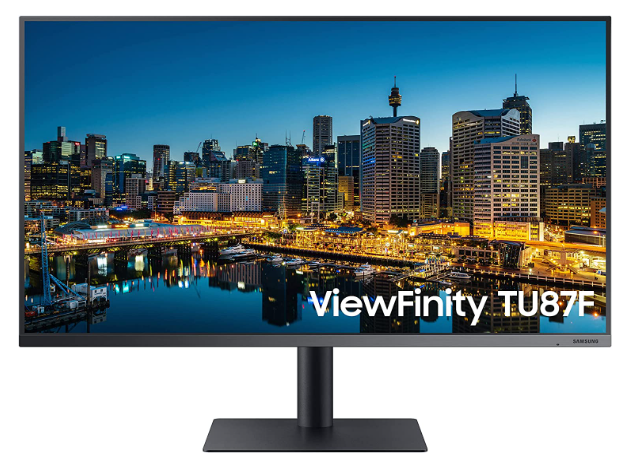 |
SAMSUNG TU87F Series 32-Inch Viewfinity 4K UHD Pro Monitor |
Check Price |
Detailed Comparison
Specifications
When comparing LG monitors vs Samsung, one of the most important aspects is their key features and specifications.
| LG Monitors | Samsung Monitors |
|---|---|
| LG monitors offer a wide range of features and specifications, including IPS panels, HDR support, ultra-high resolutions, ultra-wide aspect ratios, advanced gaming features, and more. | Samsung monitors provide a range of features and specifications but generally focus on features such as curved panels, higher refresh rates, wide color Gamuts, Quantum Dot technology, and motion blur reduction. |
| When it comes to resolution, both LG monitors vs Samsung offer models with resolutions up to 4K UHD. | Regarding resolution, with up to the resolution of 4K UHD, Samsung also has models with 5K resolution for those who need even more detail. |
| Regarding refresh rates, LG offers monitors with max refresh rate of 240Hz. | Samsung offers monitors with refresh rate of up to 240Hz. |
| In terms of design, LG monitors are generally sleek and stylish, with thin bezels and modern stands. | Samsung monitors feature bolder designs with curved screens and eye-catching stands. |
Lastly, when it comes to ports and connections, both LG and Samsung monitors offer multiple HDMI ports, DisplayPort connections, and USB ports for convenient connectivity.
Operating System
The operating system is an important factor when comparing LG monitors vs Samsung monitors.
| LG Monitors | Samsung Monitors |
|---|---|
| LG monitors run on Windows 10. | Samsung monitors use the Tizen OS. |
While both systems have their advantages, the Windows 10 platform offers more options for customization and a wider range of applications and games. Windows 10 also integrates better with other devices, such as smartphones, making it easier to sync data between devices.
On the other hand, Tizen OS offers a more streamlined user experience with its intuitive interface, which makes it ideal for users who want a simpler computing experience.
Display Quality
When considering display quality, LG monitors vs Samsung monitors offer a wide range of options.
| LG Monitors | Samsung Monitors |
|---|---|
| LG’s Ultra HD 4K monitor provides lifelike images with a crisp 3840 x 2160 resolution and up to a 1 billion color palette. LG’s Nano IPS technology also allows for excellent color accuracy and brightness. | Samsung monitors provide similar resolution with the latest 8K Quantum Dot technology, allowing for sharp, vivid images and true-to-life colors. |
LG and Samsung monitor also offer various features to customize the user experience, such as adjustable refresh rate, response time, and image settings. Ultimately, it’s up to personal preference when choosing between LG and Samsung monitors in terms of display quality.
Design
When it comes to the design of LG monitors, Samsung monitors have both made strides in providing the consumer with a stylish, modern look that can fit into any home or office. Both brands feature sleek, slim-bezel designs, allowing for larger screens without taking up too much space.
| LG Monitors | Samsung Monitors |
|---|---|
| LG monitors offer a unique look with their curvy design. Their curved displays provide a more immersive experience for gaming, movies, and television shows. | Samsung’s monitors are known for their sleek design and vibrant displays. Their display panels are often brighter than their LG counterparts and offer more vivid colors. |
| They also feature an UltraGear line of gaming monitors designed for gamers who want extra features such as adaptive sync, low input lag, and quick response times. | Additionally, Samsung’s Quantum Dot technology allows for a wider color gamut and deeper blacks, giving viewers an incredible viewing experience. |
Both LG and Samsung monitors offer various design options to fit different needs. Whether you’re looking for an ultra-slim profile or a curved display, you’ll be able to find something that fits your style with either brand. In the end, it will come down to personal preference and budget when deciding between LG monitors vs Samsung monitors.
Speakers
When it comes to the audio performance of LG monitors vs Samsung monitors, both have their strengths and weaknesses.
| LG Monitors | Samsung Monitors |
|---|---|
| LG monitors typically offer higher-quality audio with a built-in speaker system with good sound clarity and high volume. | Samsung monitors tend to have poorer sound quality but may have an advantage regarding sound controls and customization options. |
In terms of overall sound quality, LG monitors have the edge over Samsung monitors when it comes to LG monitors vs Samsung.
Inputs
When comparing LG monitors vs Samsung, inputs are an important consideration. LG offers a variety of ports, including HDMI, DisplayPort, USB, and Thunderbolt 3. Samsung has a similar offering but with a slightly different range of ports.
On LG monitors, you can find VGA and DVI ports, while Samsung monitors have the option of both Mini DisplayPort and USB Type-C. Both brands offer audio input/output ports, but the range of ports will depend on the specific model you choose.
It’s worth noting that Samsung monitors tend to include more options for cable management, so it might be worth considering if you’re looking for a clean setup.
ergonomics
When it comes to the ergonomics of LG monitors vs Samsung monitors, both brands offer a great variety of features for users to customize the positioning of their monitor for optimal comfort.
| LG Monitors | Samsung Monitors |
|---|---|
| LG monitors have adjustable tilt, swivel, and height options with most models. | Samsung monitors typically only offer adjustable tilt. |
| LG monitors also have an advanced stand with a solid base for added stability. | Samsung’s stands are usually basic in design. |
Both LG and Samsung offer options for wall mounting, which is ideal for saving desk space. However, LG offers more VESA compatibility than Samsung with its wall-mountable models. In terms of overall ergonomics, LG has a slight edge over Samsung.
LG Monitors Vs Samsung: Pricing Factor
For pricing, LG monitors are generally more affordable than Samsung monitors.
| LG Monitors | Samsung Monitors |
|---|---|
| LG’s wide range of models offers something for everyone’s budget and needs, ranging from $100 to $500. | Samsung monitors tend to be slightly more expensive but offer a wider range of features and higher quality. Models from Samsung range from $150 – $800, making them a great choice for those who want a more premium product. |
Both LG monitors vs Samsung monitors also offer discounts and deals regularly, so it’s worth watching for those when choosing between LG monitors and Samsung monitors.
LG Monitors Vs Samsung: Pros and cons
LG Monitors
Samsung Monitors
LG Monitors Vs Samsung: Which One Should You Buy?
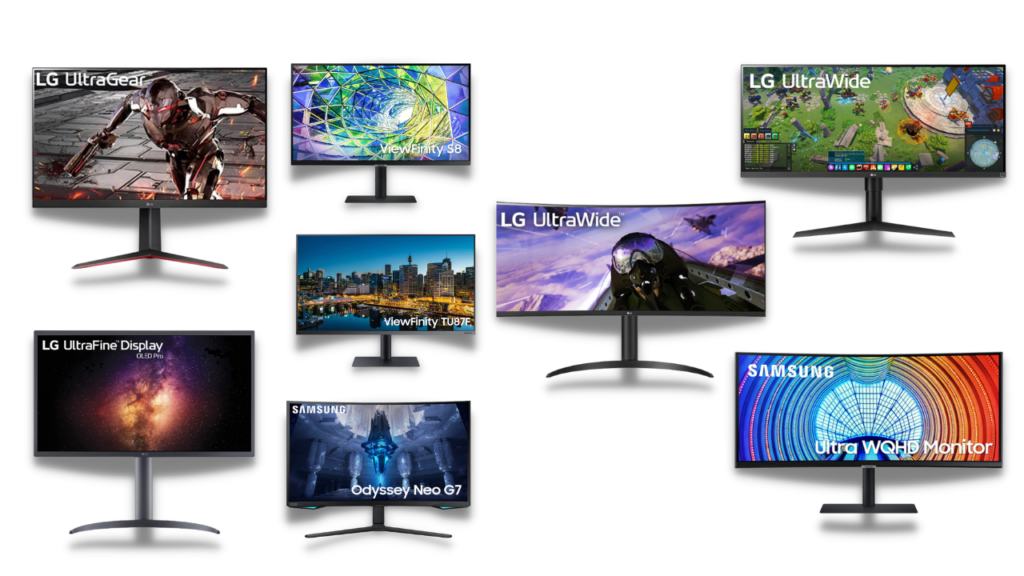
When deciding between LG and Samsung monitors, there are a few factors to consider. Generally, LG monitors are more affordable than Samsung monitors but come with fewer features. Samsung monitors usually offer more features, such as higher resolutions, more ports, and more options for input.
Regarding display quality, LG monitors vs Samsung offer excellent picture quality. Samsung’s monitors are known for their vibrant colours and wide viewing angles, while LG monitors have thinner bezels and deeper blacks.
Operating system-wise, both brands support Windows and macOS. But Samsung monitors often have better compatibility with Windows due to the deeper integration of Samsung-specific software. On the other hand, LG monitors may have better compatibility with macOS due to the support for features such as AirPlay.
Regarding speakers, both LG and Samsung monitors offer decent audio quality. But LG monitors usually have better speakers than Samsung monitors due to their larger size and higher wattage.
Inputs are another area where LG and Samsung differ. LG monitors typically have more HDMI and USB Type-C ports than Samsung monitors. But Samsung monitors often have additional ports such as DisplayPort, which can be useful for connecting multiple devices.
Ultimately, when choosing between LG monitors vs Samsung monitors, it all depends on what you need. If you’re looking for a monitor that’s affordable and comes with basic features, then an LG monitor may be the right choice for you. But a Samsung monitor is the better option if you need a monitor with advanced features and better connectivity. Ultimately, it’s up to you to decide which is best for your specific needs.
The Verdict
When choosing the right monitor for your needs, it’s important to consider all the factors that make up a great product. There are some key differences to remember when comparing LG monitors vs Samsung.
LG monitors tend to be higher in quality when it comes to display and speakers, while Samsung monitors offer more options for customization, better ergonomics, and competitive pricing.
Ultimately, the choice between LG monitors vs Samsung depends on your personal preferences and needs. If you prioritize display and audio quality, LG is the way to go. But if you want more flexibility in design and price point, then Samsung is the right choice.
No matter which you pick, you’re sure to be satisfied with either an LG monitor or Samsung!